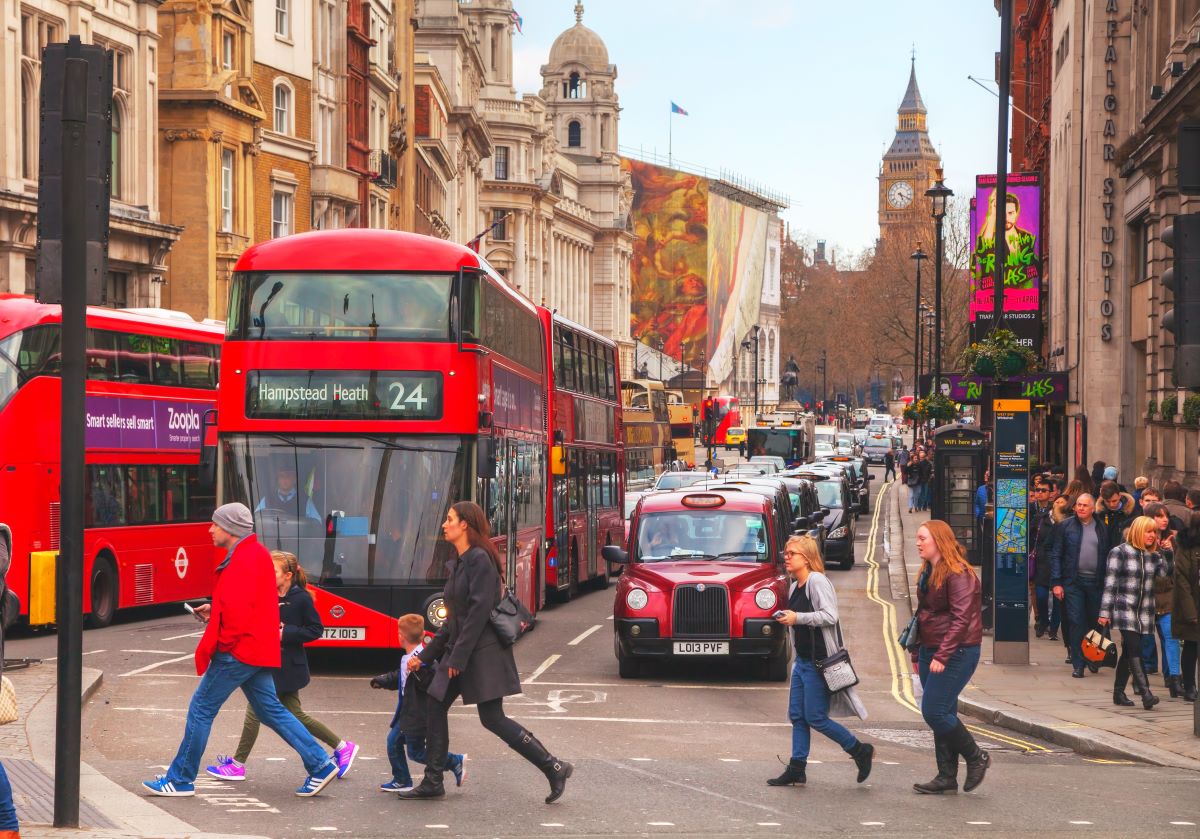The dust has settled on the UK’s latest electoral whirlwind, with Labour sweeping to a stunning victory. But has this changed the mood across the country? Are we witnessing a new era of calm in British politics?
1. A Collective Sigh of Relief

Across the UK, there’s a palpable sense of relief post-election. It’s as if the entire country has exhaled after holding its breath, uncertain of the future.
2. Hope Over Despair

With promises of reversing austerity and boosting public services, optimism is replacing the gloom that had settled over many during previous administrations.
3. Less Fear of Instability
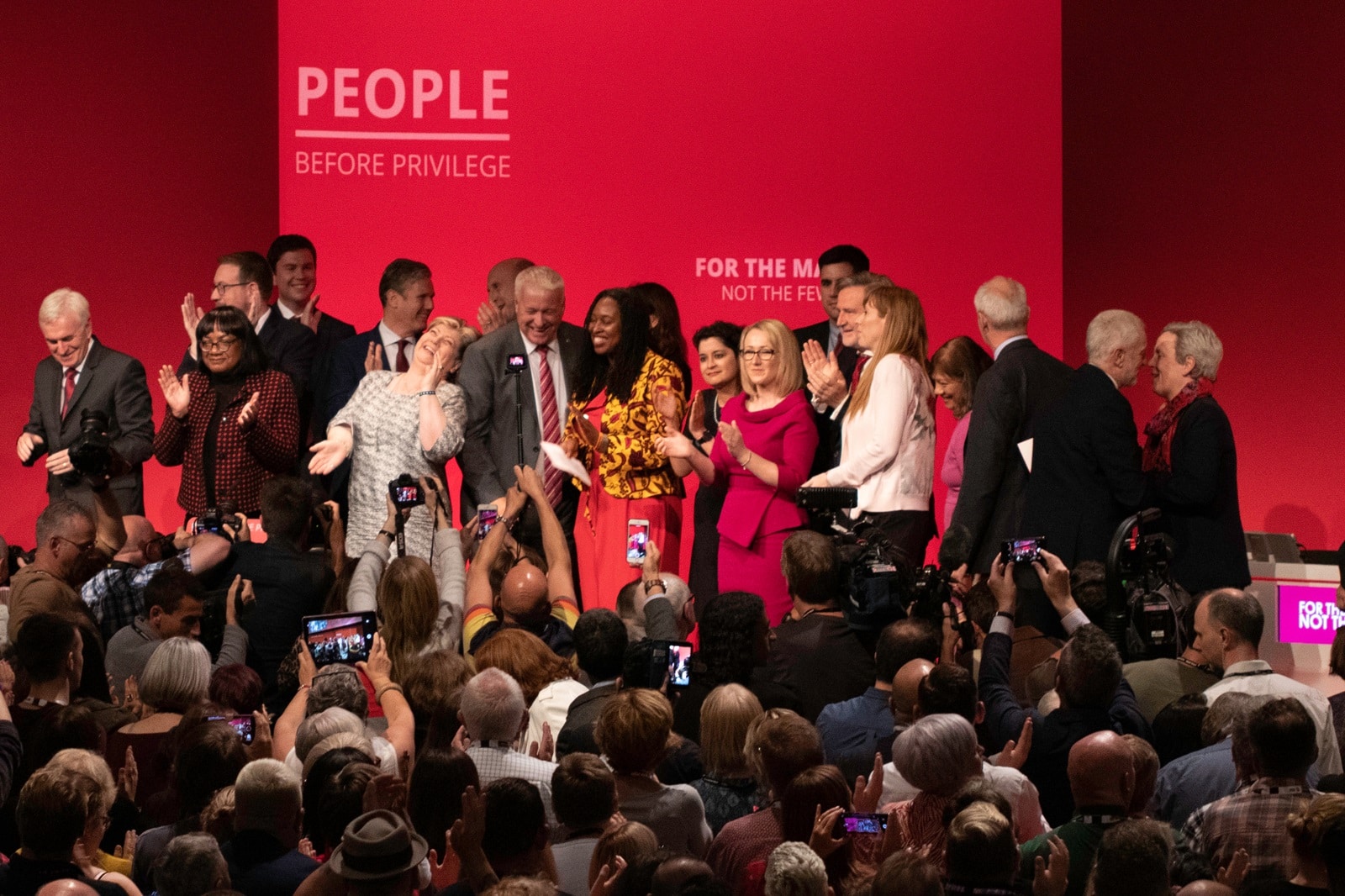
Wanderscot
Labour’s clear majority has provided a political stability that seems to calm fears of constant governmental upsets and coalition dramas.
4. Unity in Diversity
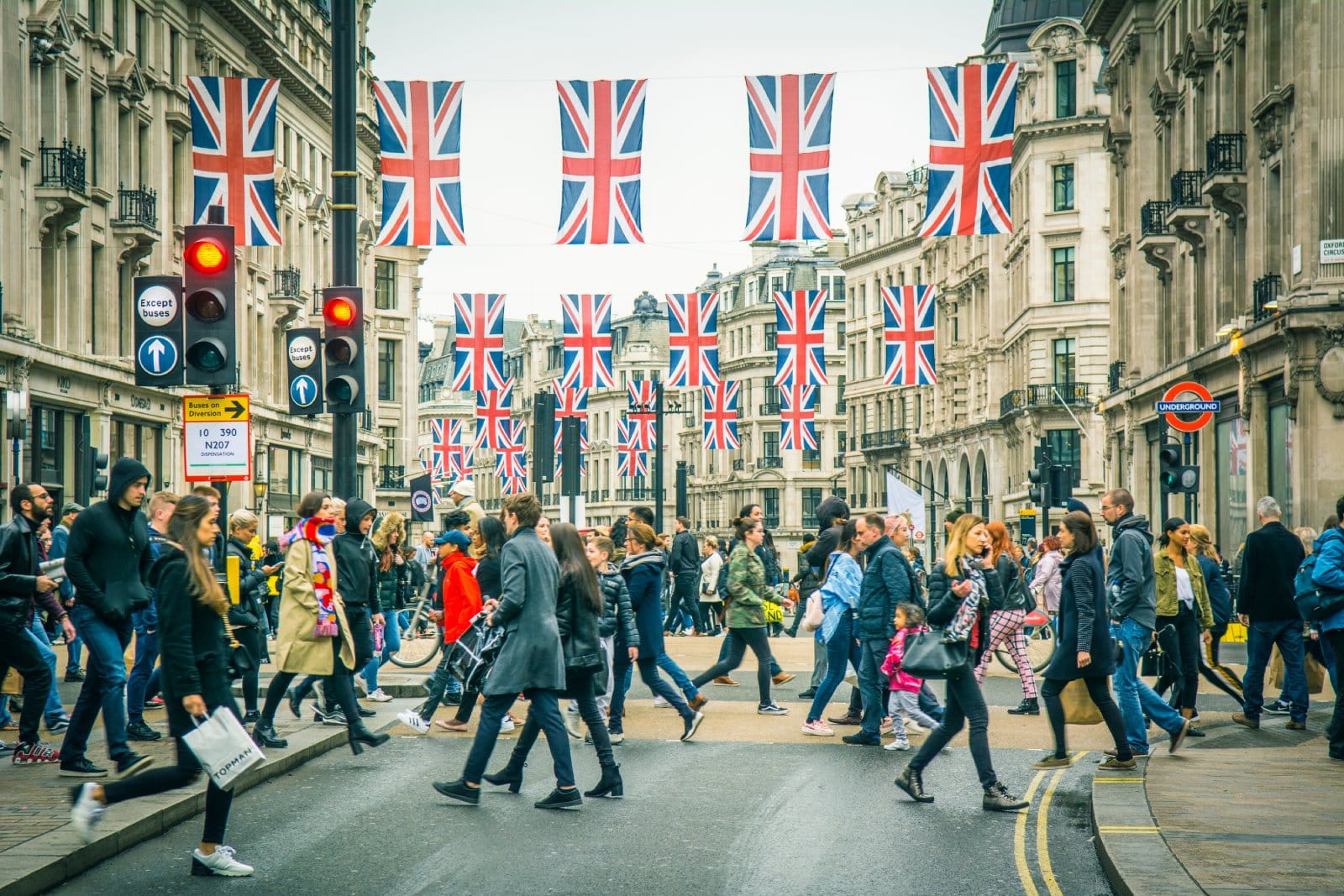
The election results show a country ready to embrace a more inclusive politics, reducing the anger driven by division and exclusion.
5. Renewed Trust in Leadership

With a new government, there’s a budding trust that leadership will be more transparent and less scandal-prone, easing the public’s cynical outlook.
6. Community Engagement

There’s a new energy in community involvement and political engagement, which promotes a positive outlook rather than frustration and anger.
7. A Break From Brexit Drama

With less focus on Brexit and more on domestic issues, the relentless contention that has dominated is taking a backseat.
8. Promises of Economic Relief

Anticipated economic policies have given people hope for financial relief, which can significantly lower public frustration and anger.
9. Environmental Optimism
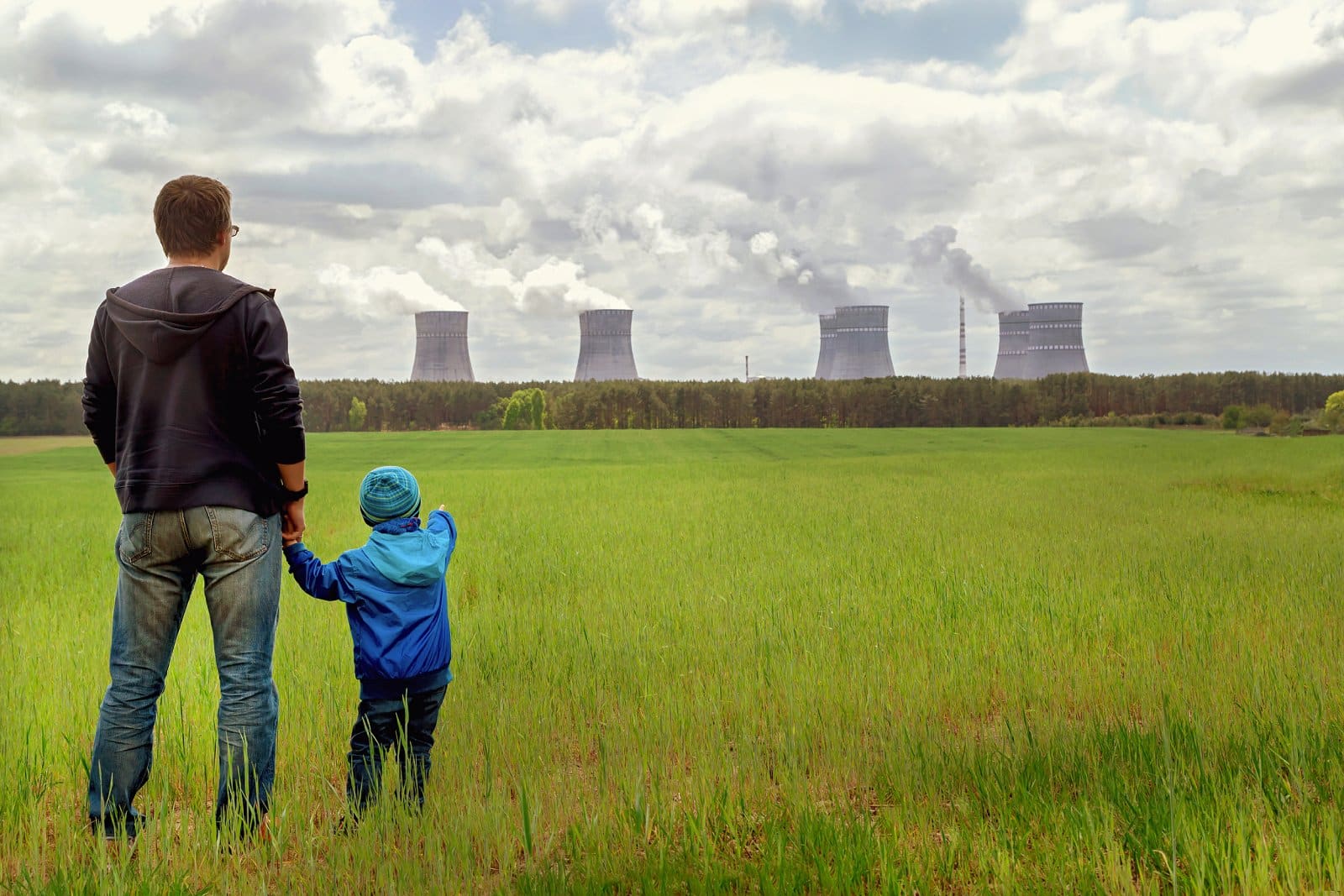
The new government’s environmental pledges are exactly what the younger, more eco-conscious generation has been demanding, easing eco-anxiety.
10. Less Aggressive Media

Even the media seems to have toned down the sensationalism with the election’s conclusive results, leading to a calmer public discourse.
11. Support for the NHS

Plans to bolster the NHS have addressed a major source of public ire and anxiety, leading to a more content populace.
12. Reduced Polarization

The election has dampened extreme political polarization, which often fuels public anger and divisiveness.
13. Decline in Right-Wing Extremism
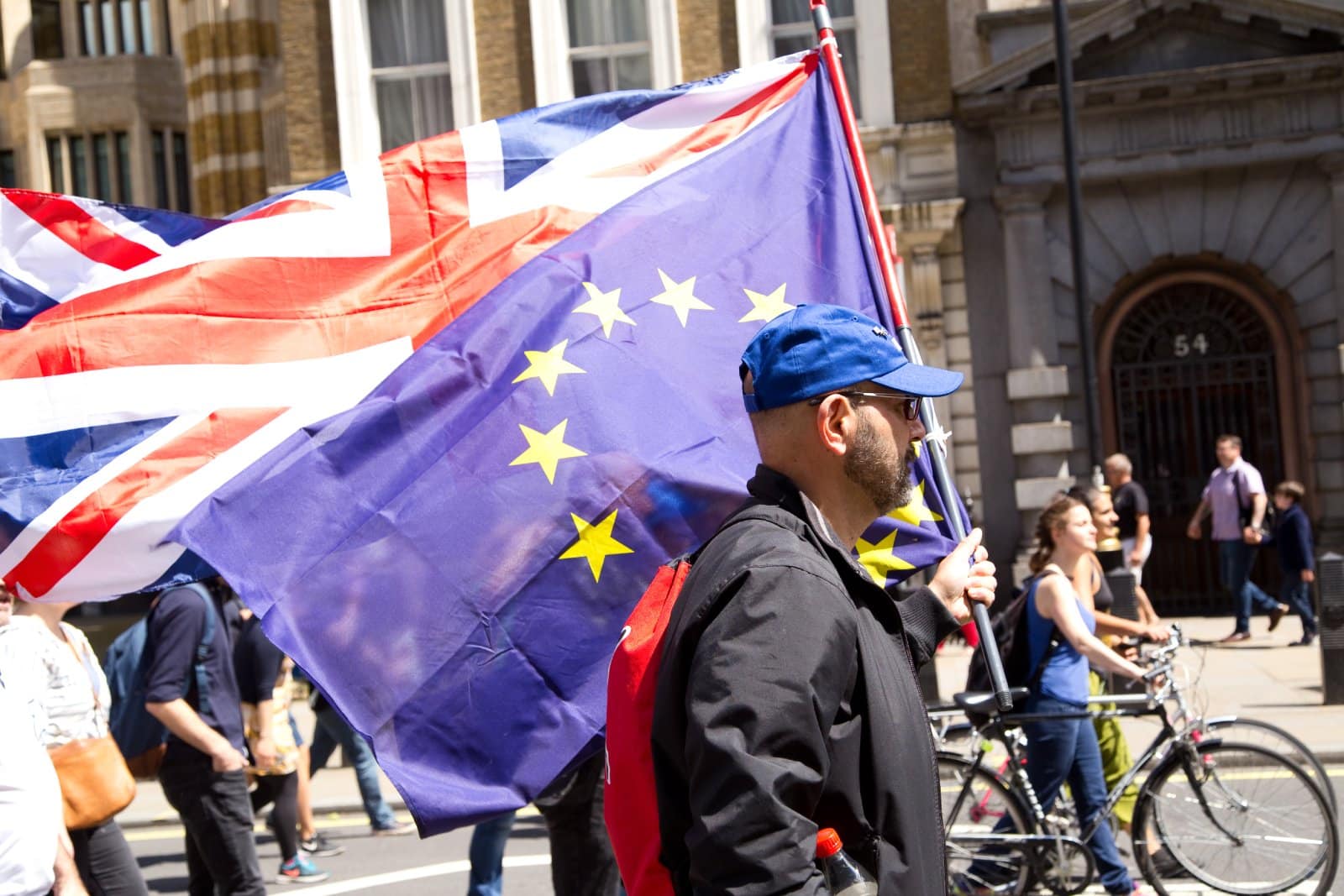
With a diminished far-right presence, there’s a noticeable decrease in the anger and hatred these groups often stir up.
14. Increased Social Spending

Anticipated increases in social spending are set to address inequality—often a root cause of societal anger.
15. Smoother Parliamentary Sessions

Parliamentary sessions have become less about confrontational politics and more about constructive debates, which soothes public perception.
16. Reassurance About the Future
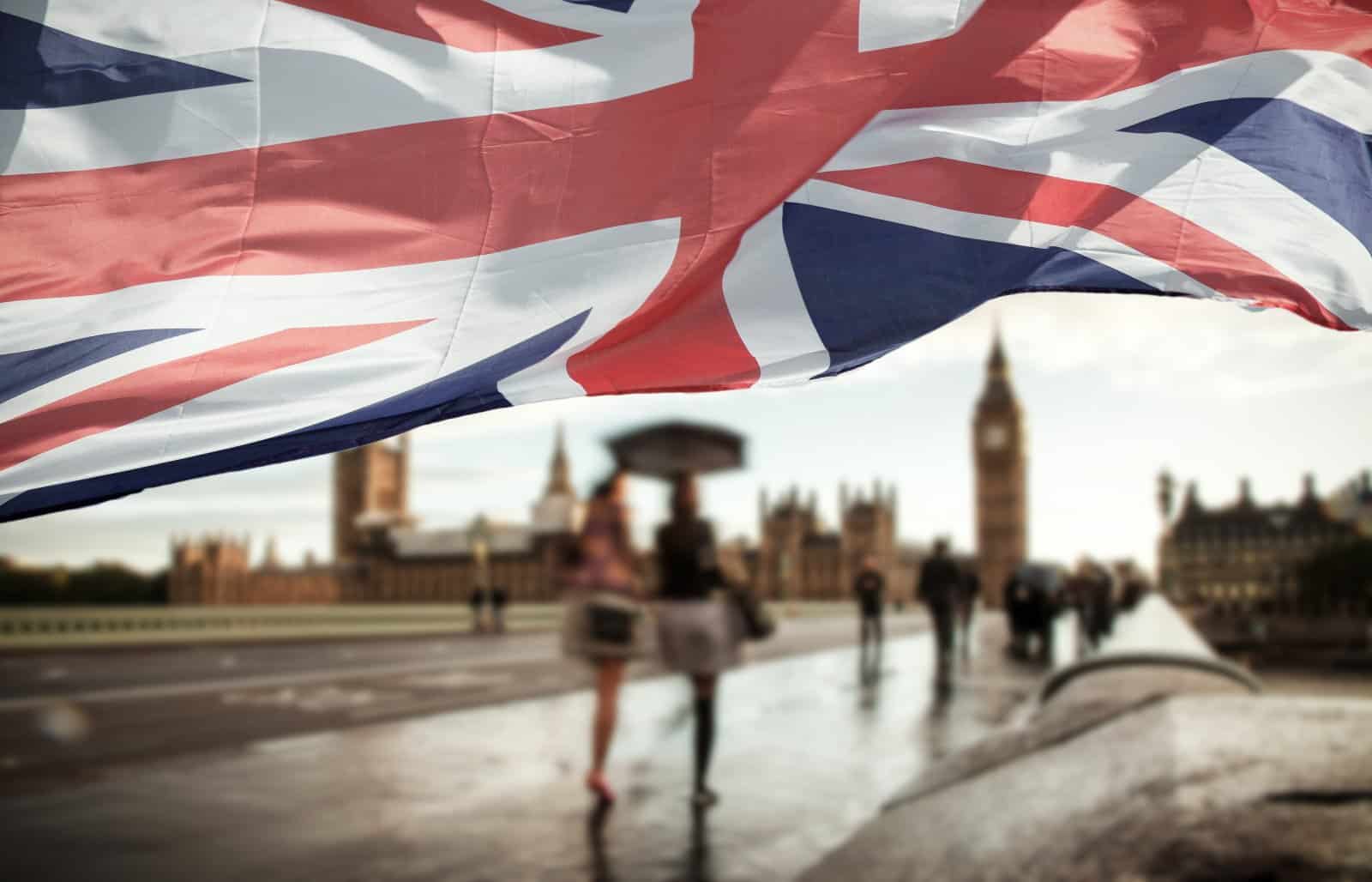
The election has given many a renewed assurance about the direction of the country, which helps mitigate feelings of anger and helplessness.
17. Promises to Youth

Engaging the youth with promises of better education and job prospects has helped turn youthful exasperation into hope.
18. Focus On Housing
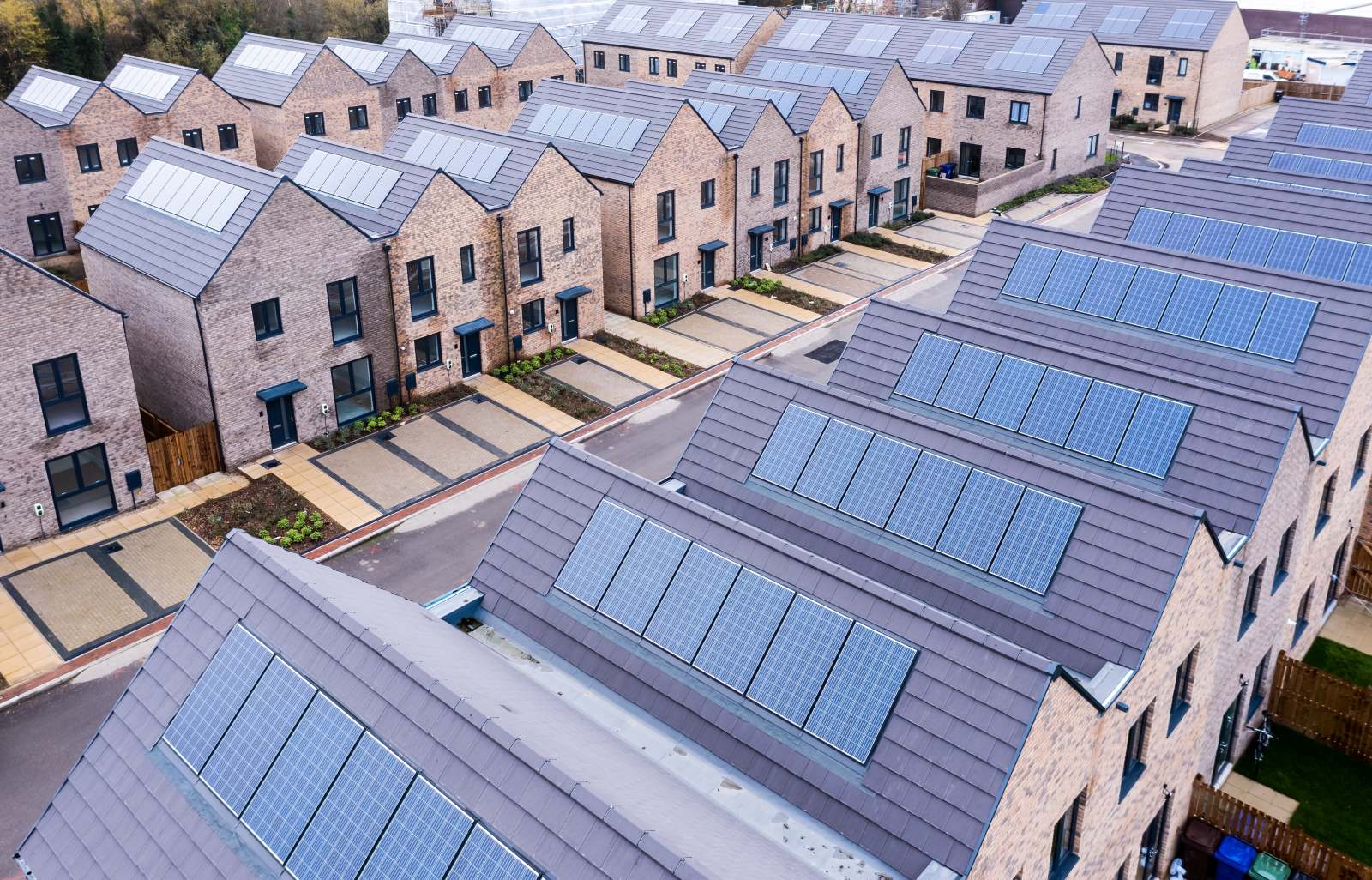
Addressing the housing crisis has cooled down a major point of contention among the populace, especially in younger demographics.
19. A More Humble Leadership

The new leadership’s more relatable and humble approach has been a balm on the public’s frayed nerves.
20. A Shift Away From Austerity

Moving away from strict austerity measures has begun to lift the gloom that fuelled much public discontent.
21. Reinvigorated Local Governance

Strengthening local governments has empowered communities, reducing the anger stemming from feelings of powerlessness.
The Quiet After the Storm
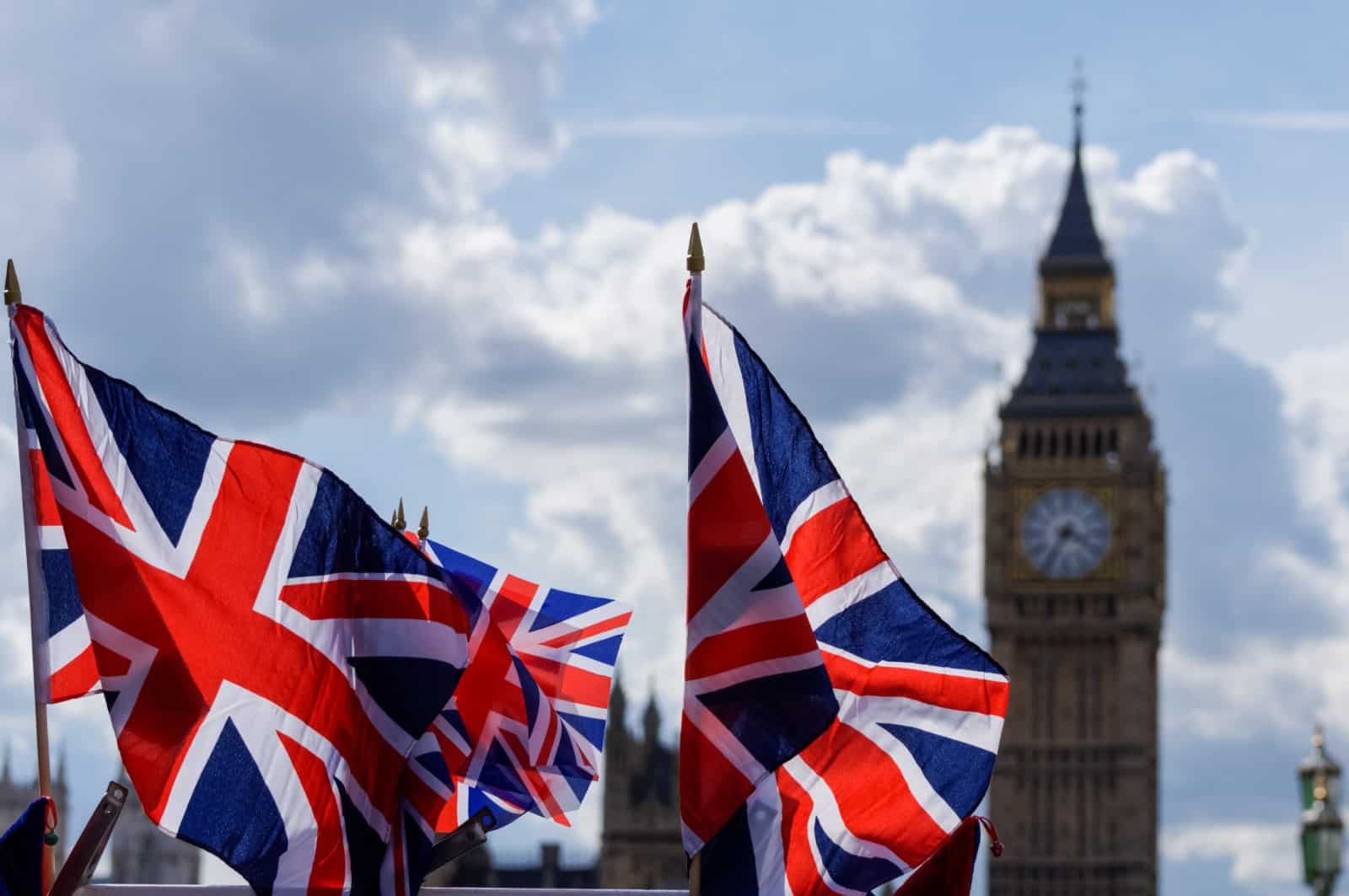
So, it appears the stormy days of British politics are giving way to a more serene chapter. But will this quiet last, or is it just the calm before another storm? Either way, let’s enjoy the peace while it lasts, shall we?
Featured Image Credit: Shutterstock / photo.ua.
For transparency, this content was partly developed with AI assistance and carefully curated by an experienced editor to be informative and ensure accuracy.

